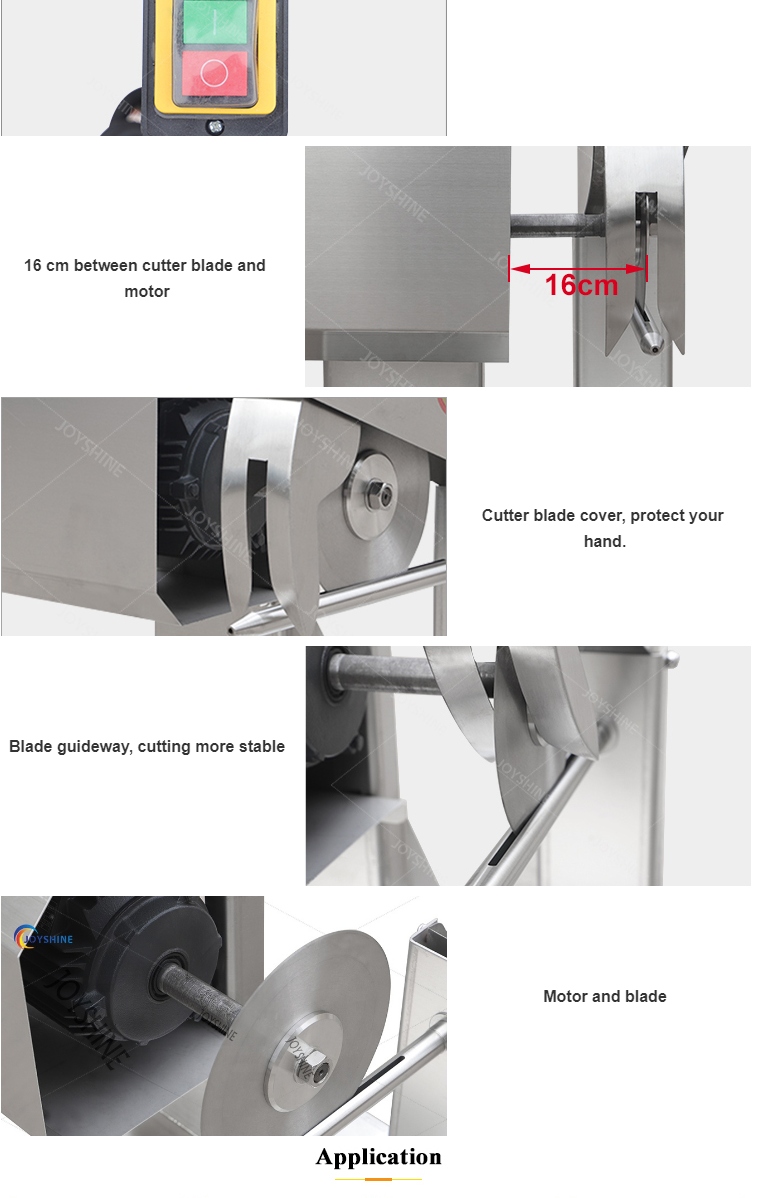Poultry Farming Solutions for Optimal Chicken Cage Management and Welfare
8 月 . 16, 2024 16:09 Back to list
Poultry Farming Solutions for Optimal Chicken Cage Management and Welfare
The Importance of Chicken Cages in Poultry Farming
Poultry farming has been an essential part of agriculture for centuries, providing a significant source of protein through eggs and meat. Among the various aspects of poultry farming, the design and implementation of chicken cages play a crucial role. This article explores the importance of chicken cages in poultry farming, focusing on efficiency, health, and animal welfare.
The Importance of Chicken Cages in Poultry Farming
Additionally, chicken cages facilitate better management of feed and water resources. In a caged environment, farmers can monitor and provide consistent feed and water supplies, significantly minimizing waste. This controlled setting ensures that each bird receives the necessary nutrients, leading to healthier chickens and improved growth rates. Proper nutrition not only enhances production but also reduces the environmental impact of poultry farming by limiting feed wastage.
chicken cage poultry

Health management is another critical aspect where chicken cages contribute significantly. Caged systems can help protect chickens from various diseases and parasites more effectively than free-range systems. In a controlled environment, exposure to pathogens is minimized, allowing for healthier birds and a reduction in the need for antibiotics. Furthermore, the use of cages makes it easier to implement biosecurity measures, which are essential in preventing disease outbreaks. Routine cleaning and disinfection are more manageable, contributing to a healthier overall flock.
Animal welfare is an increasingly important concern in the poultry industry. While traditional caging systems have been criticized for restricting natural behaviors, modern advancements have led to the development of more humane cage systems, such as enriched cages. These cages provide chickens with more space and amenities, such as perches and nesting boxes, allowing for some degree of natural behavior. The new regulations and consumer demands for higher welfare standards are pushing the industry towards adopting these more advanced systems.
It is also essential to consider the impact of chicken cages on the environmental footprint of poultry farming. Efficient management of chickens in cages can lead to less land usage and lower greenhouse gas emissions per unit of production compared to free-range systems. However, this efficiency can be offset if not managed correctly. Waste management and the careful regulation of ammonia levels are critical to ensuring that caged systems do not contribute negatively to the environment.
In conclusion, chicken cages play a pivotal role in modern poultry farming by enhancing efficiency, improving health management, and contributing to the overall welfare of the animals. As the industry continues to evolve, it is crucial that farmers balance the needs of production with the principles of animal welfare and environmental sustainability. Advances in cage technology and management practices will continue to shape the future of poultry farming, ensuring a stable and responsible source of food for millions around the world.
-
school
NewsJul.10,2025
-
Vacuum Packing Machine - Efficient & Reliable Vacuum Packaging Solutions for Food & Industrial Use
NewsJun.10,2025
-
High-Quality European Rabbit Cage Durable Welded Rabbit Cage Wire Mesh Supplier
NewsJun.10,2025
-
High-Efficiency Air Inlet Window for Optimal Poultry Ventilation & Cooling
NewsMay.30,2025
-
High-Efficiency Evaporative Cooling Pads Durable & Energy-Saving
NewsMay.30,2025
-
Automatic Egg Collecting Machine High-Efficiency Poultry Farm Solutions
NewsMay.29,2025






